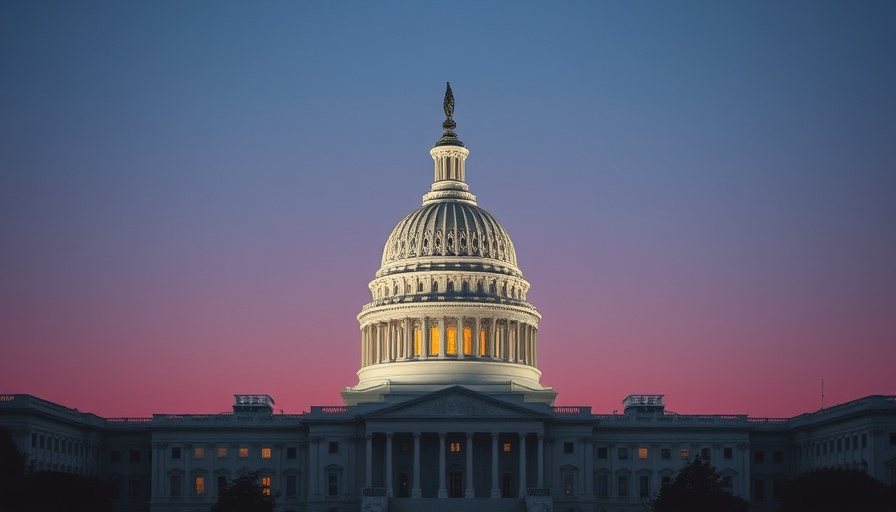
GOP Medicaid Cuts: A Disastrous Decision for Public Health
The proposed cuts to Medicaid by Republican lawmakers are not merely a fiscal adjustment; they represent a significant threat to public health. A newly released study from the Annals of Internal Medicine warns that the legislation could lead to between 8,000 and 25,000 medically preventable deaths each year. This alarming statistic underscores the critical ramifications that such policy decisions can have on American lives.
The Human Cost of Policy Changes
As the study highlights, the implications of Medicaid cuts are dire. About 7.6 million Americans are projected to lose their insurance coverage, while over 1.9 million may be denied access to their doctors. Additionally, the increased financial burden of medical debt is expected to afflict more than 1.2 million individuals, disproportionately impacting low-income communities that rely heavily on the program.
The situation is exacerbated for vulnerable populations, like women who could lose vital preventative care services such as mammograms. These statistics aren't mere numbers; they represent real families facing dire circumstances due to policy shifts. "In the ICU, I see what happens when patients do not get the regular care they need: they get sicker, sometimes gravely or even mortally ill," says Dr. Adam Gaffney, a leading voice from the study. The consequences of these cuts are not abstract; they are tangible and devastating.
The Broader Context: Budget Cuts and Public Health
These Medicaid adjustments are part of a larger fiscal strategy employed by the GOP to reduce spending and find budgetary savings, often at the expense of essential health services. The emphasis on cutting government programs—from the planned reduction in Medicaid to tax cuts from previous administrations—highlights a troubling trend. These policies prioritize financial savings over human welfare, questioning the moral and ethical implications of such actions.
In light of this context, the current political climate appears disconnected from the reality faced by many American families. Advocates for public health are sounding alarms not just about the numbers but about the potential erosion of a safety net that prevents further healthcare crises.
Calls for Action: Protecting Our Health Services
It is crucial for citizens to advocate for their health and wellness initiatives amidst a shifting political narrative. The proposed legislative changes demand public awareness and mobilization. Activists, healthcare professionals, and concerned citizens should unite to publicize the consequences of these cuts, ensuring that the voices of those who may suffer are heard.
As community members, you can play a pivotal role in addressing these issues. Attend town hall meetings, engage with legislators, or participate in community health events focused on preventive care. Mobilization efforts will help safeguard health services that are vital for millions across the nation.
Conclusion: Making Our Voices Count
In an era where health and wellness are at stake, understanding the implications of policy changes is essential. The conversation surrounding Medicaid cuts is about more than budgets; it’s about lives. As informed citizens, your engagement in these dialogues is crucial. Stay informed, be vocal, and advocate for those who rely on Medicaid services. The health of our communities depends on it.
 Add Element
Add Element  Add Row
Add Row 



Write A Comment